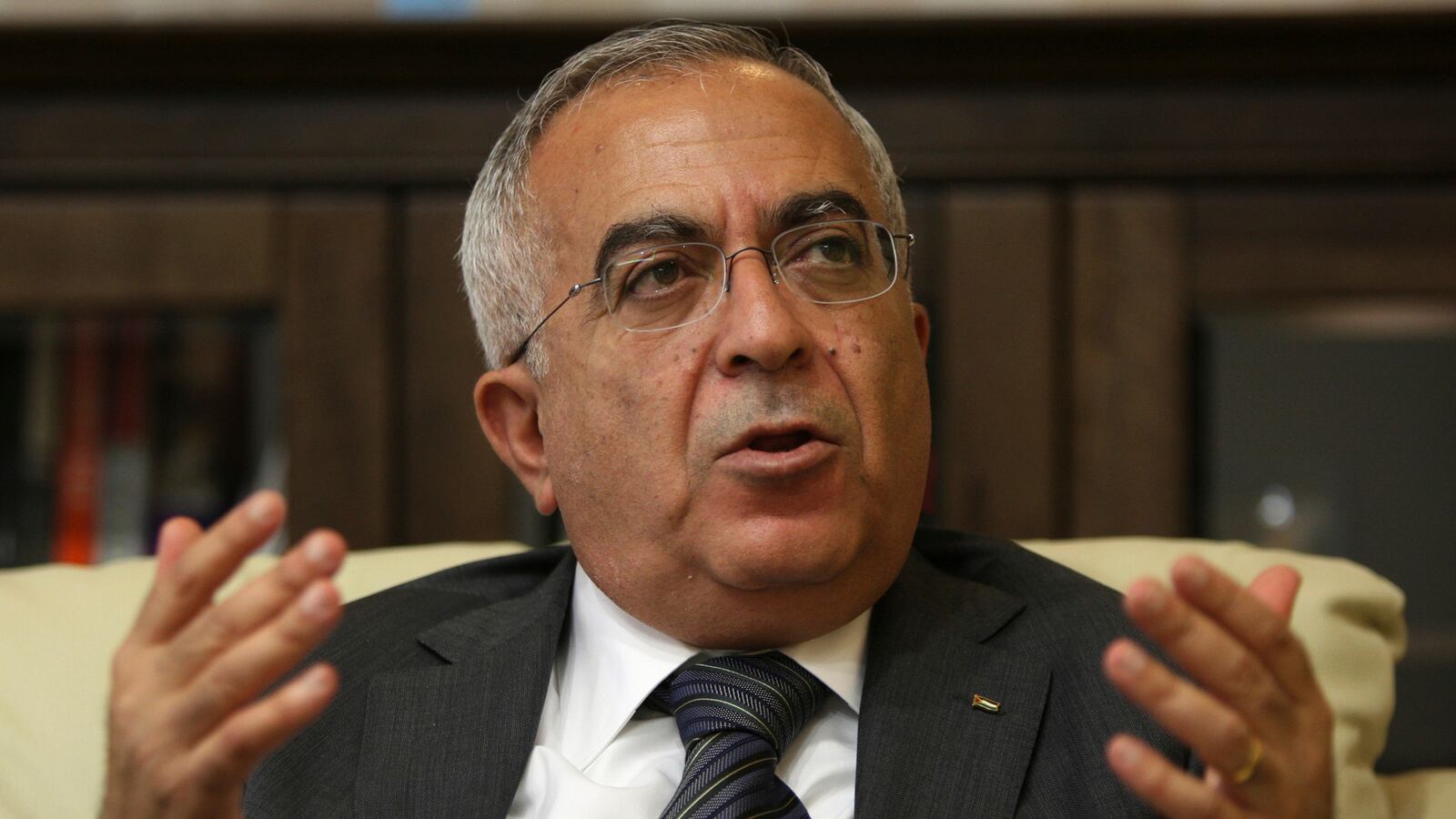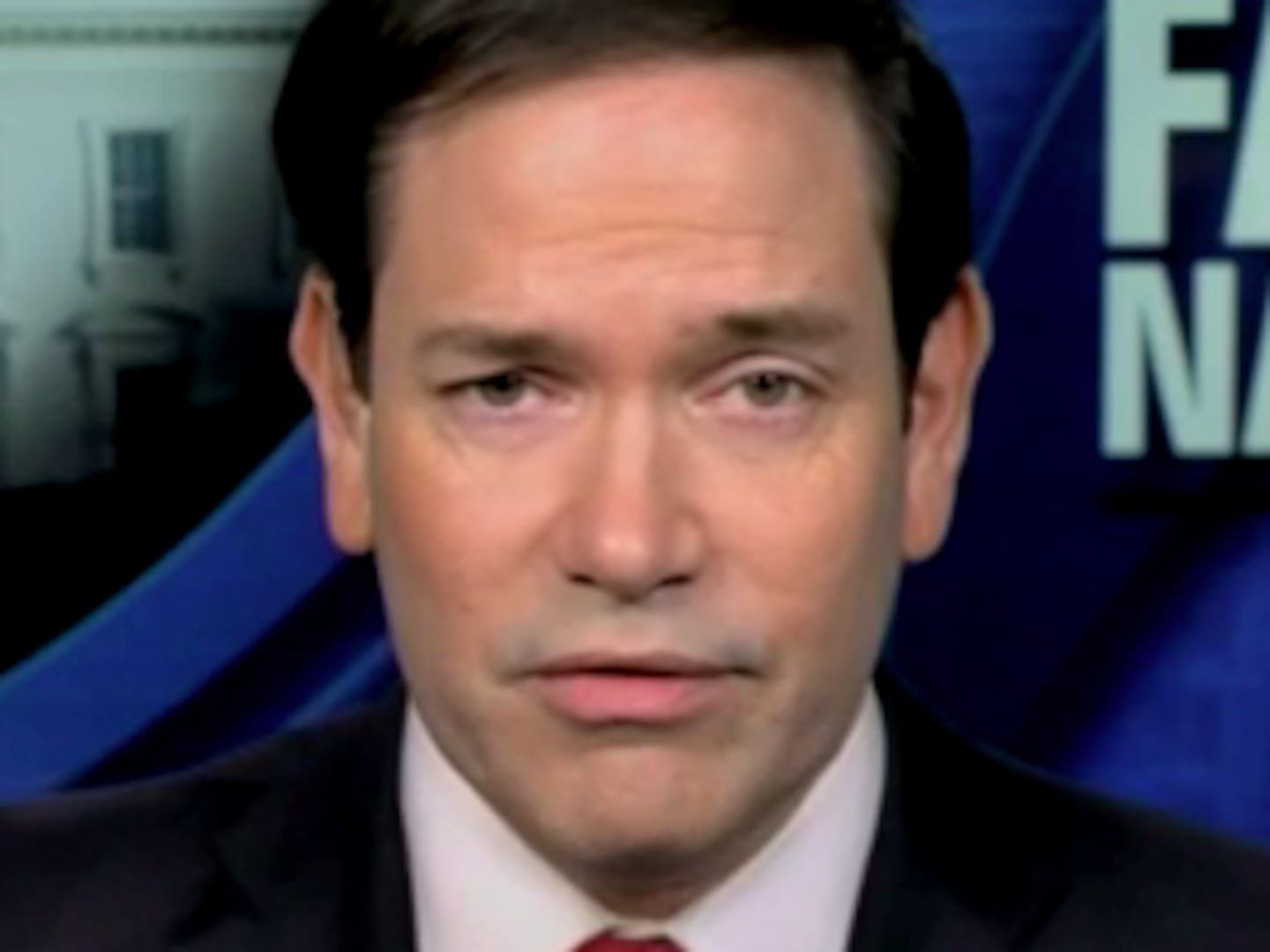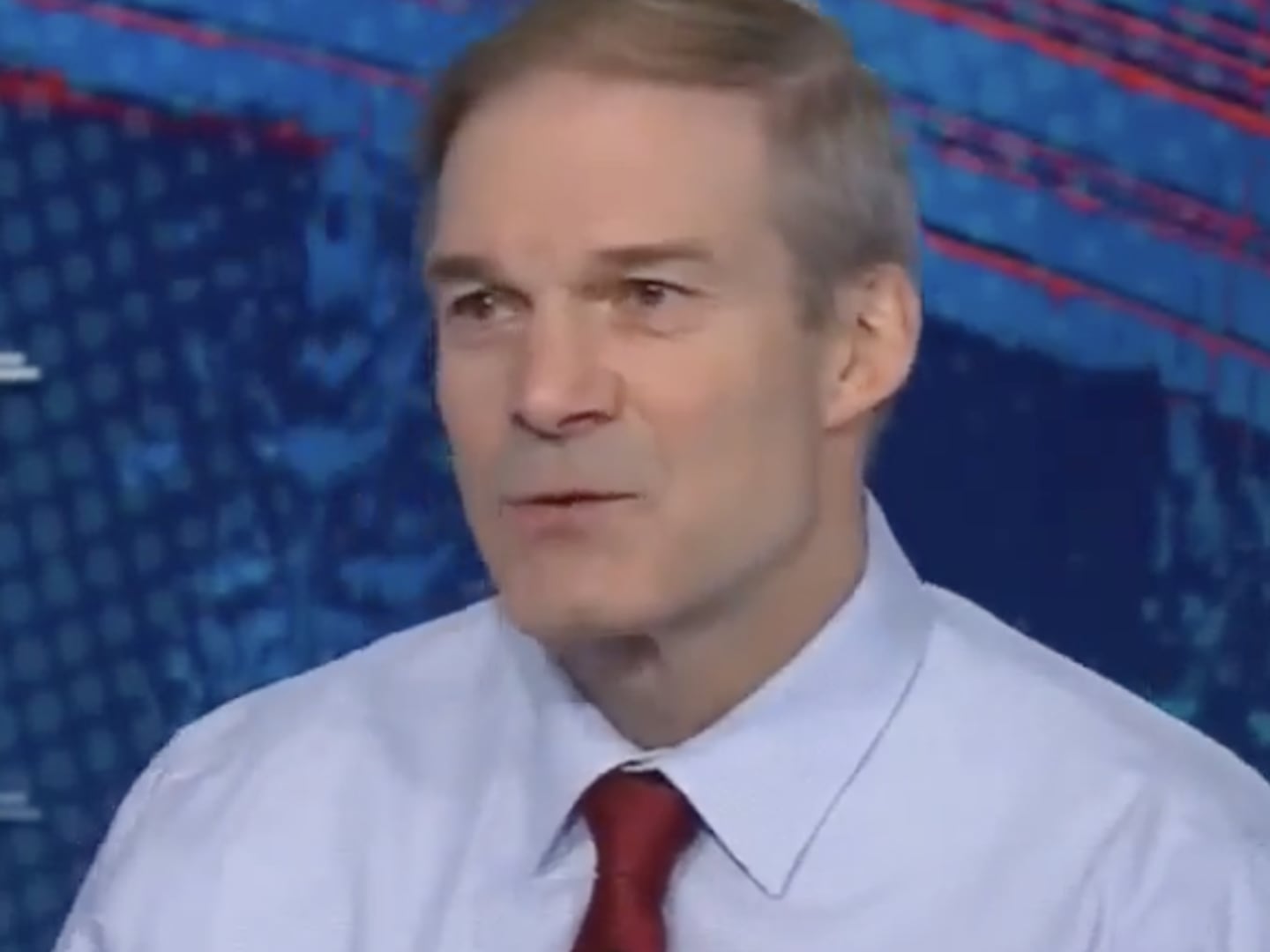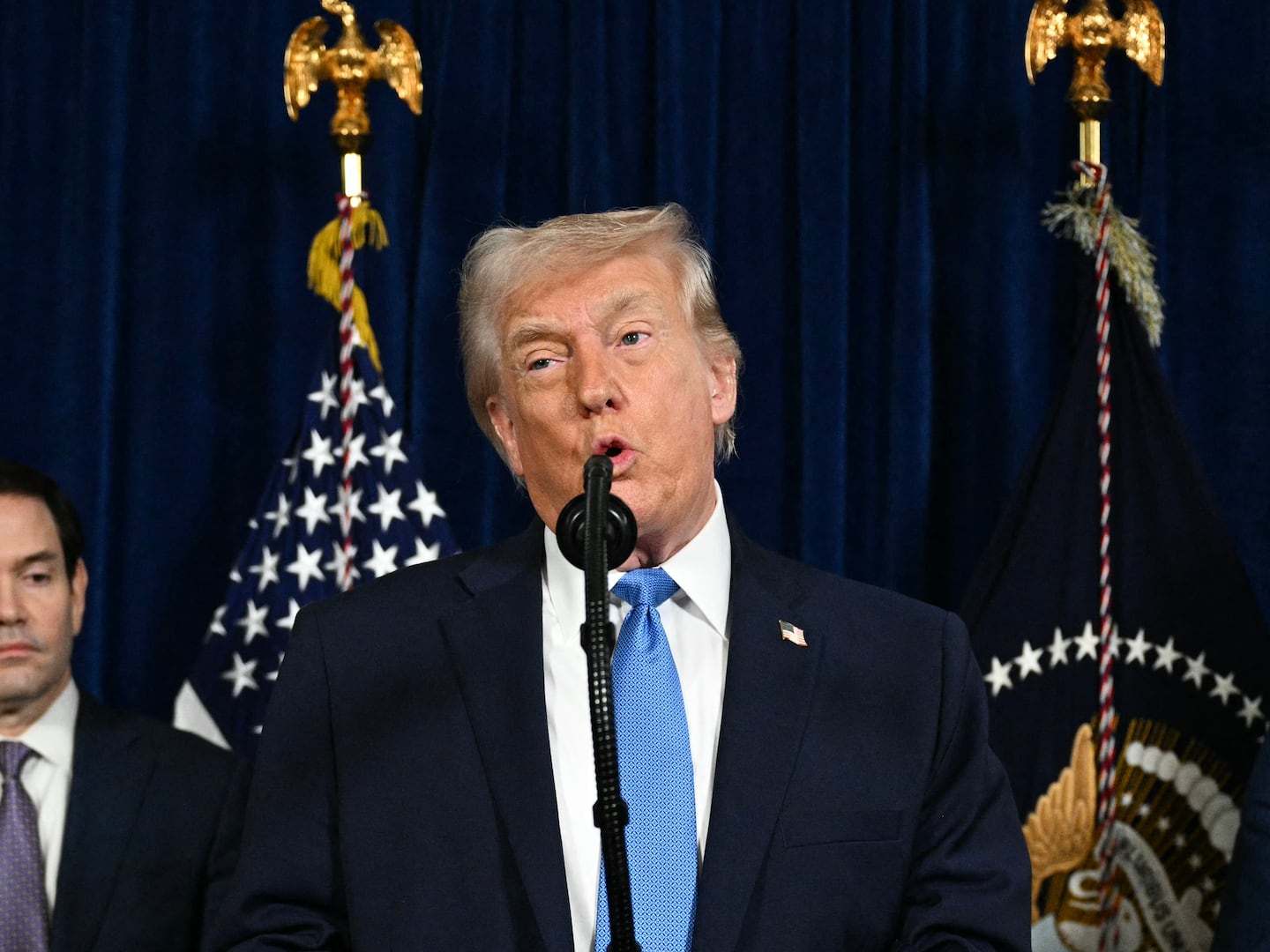“We don’t listen to what you say,” a friend from Ramallah told me a while back. “We see what you do.” Poor Salam Fayyad, who resigned this weekend as prime minister of the Palestinian Authority. He put his faith in what America and Israel say.

American and Israeli officials say they want Palestinian leaders to champion nonviolence, fiscal integrity, and the two state solution. Judged by those criteria, Fayyad was a dream come true. In 2010, Israeli President Shimon Peres compared him to Israel’s own revered founder, David Ben Gurion. In 2011, the International Monetary Fund declared that the Palestinian Authority was “now able to conduct the sound economic policies expected of a future well-functioning Palestinian state.” In 2012, in part because of improved Israeli-Palestinian security cooperation, Israel’s internal security service, the Shin Bet, reported that for the first time in almost 40 years, not a single Israeli had died from Palestinian terrorism from the West Bank.
But if Fayyad delivered, Israel and America did not. Logic would suggest that faced with a West Bank prime minister who makes the IMF swoon and a Hamas leadership in Gaza that calls Osama Bin Laden a “holy warrior,” the Israeli and American governments would have gone to great lengths to help Fayyad succeed. To the contrary, they helped seal his doom.
They did so in two ways. First, through settlement growth. Between 2009 and 2012, Netanyahu doubled the share of Israel’s budget dedicated to settlements. That deepening Israeli control has rendered farcical Netanyahu’s early promise of “rapid economic growth that gives a stake for peace for the ordinary Palestinians.” And it has kept Fayyad’s economic and political reforms from truly improving Palestinian lives. As a 2012 World Bank report explained, “Despite the easing of some [Israeli] restrictions, most of the constraints on movement of people and access to resources have remained in place, constraining investment and productivity growth. … The major constraints to private sector activity are the tight Israeli restrictions.” Fayyad himself was more blunt. “In deeds,” he told Roger Cohen in February, “Israel never got behind me; in fact it was quite hostile. The occupation regime is more entrenched, with no sign it is beginning to relinquish its grip on our life.”
Fayyad wasn’t much happier with Barack Obama, whom he accused of acquiescing to Netanyahu’s settlement push. “After the failed attempt to stop Israeli settlement expansion [in 2009],” Fayyad told Cohen, “the administration gave up. After the first year in office, U.S. diplomacy shifted to maintenance.” These days, despite his repeated trips to the region, John Kerry barely mentions settlements at all.
The second way in which Israel and America undermined Fayyad was by starving the Palestinian Authority of cash. There’s little doubt that key figures in Mahmoud Abbas’ Fatah Party, perhaps including Abbas himself, wanted Fayyad out, both because he wasn’t a party member and because they resented his anti-corruption crusade. But as long as Fayyad kept aid flowing, something his sterling international reputation made him uniquely positioned to do, he enjoyed some protection. Last fall, however, Fayyad’s position began to erode. A September World Bank report noted that “During the first half of 2012, the PA continued to face an increasingly difficult fiscal situation due to higher than expected expenditure, lower than anticipated revenue and a continued decline in donor funding.” The biggest culprits were Arab governments, which had not fulfilled their pledges of aid. But Congress, angered by Abbas’ bid for recognition at the United Nations, was withholding $200 million in aid as well. (Israel, to its credit, in early 2012 actually asked the IMF to loan the PA $1 billion to stave off financial collapse.)
Desperate to balance the books, Fayyad delayed paying government salaries and raised prices on gas and other consumer products, which sparked protests. By mid-September, a poll by the Palestinian Center for Policy and Survey Research found “positive evaluation of the performance of the Fayyad government declining sharply.” Seeing his weakened state, Fayyad’s opponents in Fatah went in for the kill. In the words of journalist Daoud Kuttab, “Perhaps the largest challenge facing Fayyad was the union of local public service employees. As long as they were paid, Fayyad was able to placate them, but once salaries were late, they found in Fayyad a perfect scapegoat. The union headed by a member of the Fatah Revolutionary Council became the Fatah spearhead to bringing [sic] down Fayyad.”
When Abbas renewed his bid for U.N. recognition last November, things got worse. As punishment, Congress further delayed U.S. aid. And Israel retaliated as well, in November stopping the monthly transfer of tax rebates it collects on the PA’s behalf. In so doing, it denied the Authority $100 million in revenue, about one-third of its monthly operating costs, leading Fayyad to warn that the PA was “fast approaching the point of being completely incapacitated.” Obama’s trip to Israel last month succeeded in restoring the Israeli transfers, and unlocking long-delayed U.S. aid, but by then it was too late.
With every passing month and year, it becomes clearer that the Israeli-Palestinian conflict is entering its post-American phase. In 2011, after Obama failed to convince Netanyahu to enter peace talks based upon the 1967 lines, Abbas bypassed the U.S.-led peace process and took his case for statehood to the U.N. instead. In 2012, he went there again, and won, in a vote in which America was abandoned by its key allies. Now Fayyad, who for more than a decade has been the most pro-American Palestinian official, is leaving the scene. Unless John Kerry can restart meaningful peace talks—which seems unlikely given Netanyahu’s continued hostility to using the 1967 lines as a benchmark—it’s likely that Abbas will take his case to the International Criminal Court, thus bypassing the United States yet again. With Fayyad out of the way, and Cairo no longer taking its cues from Washington, it’s also more likely that Fatah and Hamas will eventually forge a unity government, despite America’s pleas and threats. One day relatively soon, the 78-year-old Abbas will likely pass from the scene as well.
New Palestinian leaders will emerge but it’s hard to imagine them following Fayyad’s path. He did what America and Israel asked, and got little in return. His successors, I suspect, won’t even try.






